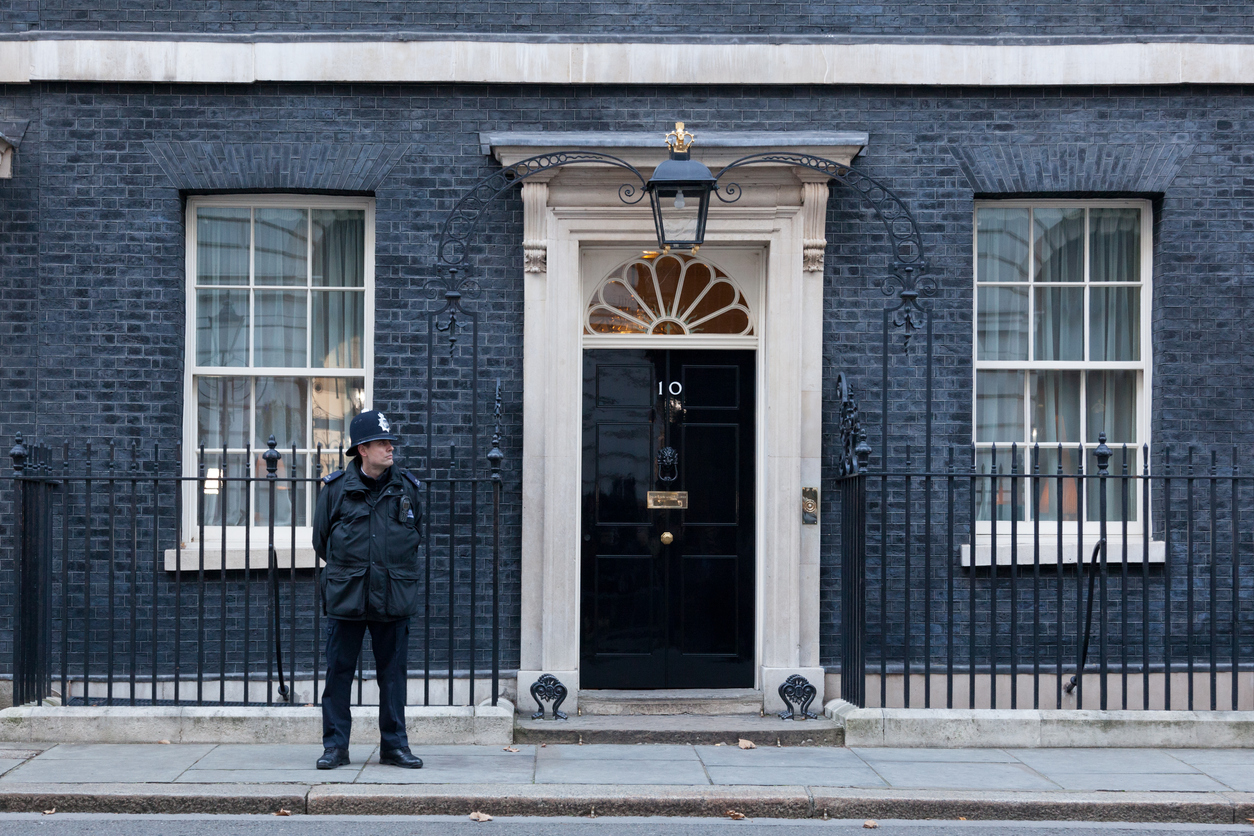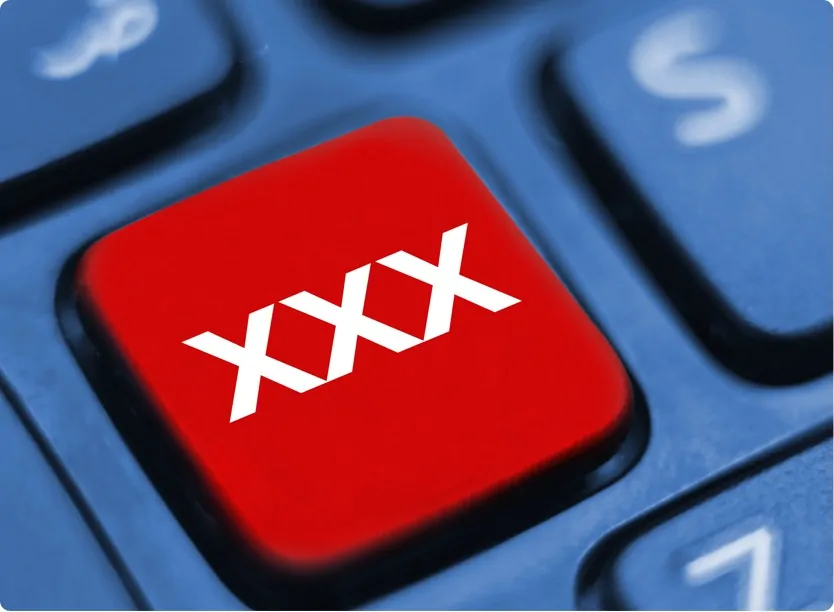Source: Financial Times
Date: 2nd June 2020
Brussels to launch far-reaching overhaul of online content rules
The EU is looking at ways of making internet companies more accountable for what they publish and the products sold on their platforms
Brussels will kick off on Tuesday what promises to be one of the most far-reaching and politically charged overhauls of EU online regulation for decades.
The European Commission is expected to launch a public consultation on its flagship digital platform regulation — a process that officials expect will generate thousands of responses from businesses, governments and the general public.
The consultation will feed into a rewrite of these rules for the first time in 20 years. The timing could hardly be more sensitive. In the US, Mark Zuckerberg, the founder of Facebook, is facing an open revolt within his company over how he handles Donald Trump’s social media posts. Meanwhile, the coronavirus pandemic has only intensified attention on the dangers of online disinformation.
The Financial Times has seen a draft of the consultation — and here are the three main themes it will seek to address:
Who is responsible for what?
How responsible should the big platforms be for content published on their sites or goods sold online?
The latter point has been magnified by the pandemic as internet users have been tricked into buying faulty protective equipment or medical products with the false pretence that they can protect them against the virus.
The central question, says one EU official, is “what’s the responsibility of the platforms to ensure that this stuff is good quality?”
There is a delicate balance to be struck, say experts. Online commerce platform eBay, for example, never comes into contact with the material being sold on its platform. “How can they be liable for it?” said one EU official.
Still, Brussels will come up with ways to push companies such as Amazon to be more responsive if customers flag non-compliant products, people with direct knowledge of the EU’s plans say.
Currently, platforms can take action on a voluntary basis. There are no legal sanctions if they don’t remove the products or don’t do it quickly enough.
EU regulators want platforms to work harder at delisting bad actors.
“Platforms don’t have a lot of incentives to do such checks because ultimately they make money on commissions,” said a person with direct knowledge of the Digital Services Act consultation.
How should tech giants be curbed?
As part of the consultation the EU will also examine what fair competition looks like in an era where platforms have dominant positions online and high barriers to entry for smaller rivals.
Some have criticised EU regulators for acting too slowly or not doing enough to curtail the growing might of companies such as Google and Facebook.
Under pressure, Brussels will set clear “dos and don’ts” as part of the new rules. For example, Big Tech companies will probably be forced to share data with smaller rivals and make it easier for users to take their data elsewhere.
One question concerns the potential of Big Tech to diminish consumer choice. A draft paper asks respondents whether they agree with the statement: “It is easy for consumers to switch between services provided by platform companies.”
But don’t expect the EU to push for a break-up of dominant players such as Google or Facebook. “That’s a step too far,” said another person with direct knowledge of the consultation.
How to complete the single market?
What other measures are needed to line up rules governing online commerce across the EU? This is a key question for Brussels, which is acutely aware that the EU has been far from unified in its approach to the rules of the internet.
France, for instance, recently adopted new controversial rules giving online platforms just one hour to delete terrorist content.
Germany also passed its own hate speech laws, which force companies to hand over the IP addresses of those publishing hateful content.
EU officials are upset by individual moves by member states at a time when the bloc wants to come up with common rules.
“There are centrifugal forces that are pulling the EU apart everywhere but they’re also spilling into the digital policy area,” said a person with direct knowledge of the internet rules overhaul.
“We lost a bit of tempo because these countries didn’t work towards common EU rules. They decided they were going to do their own thing.”
Photo by William Hook on Unsplash



